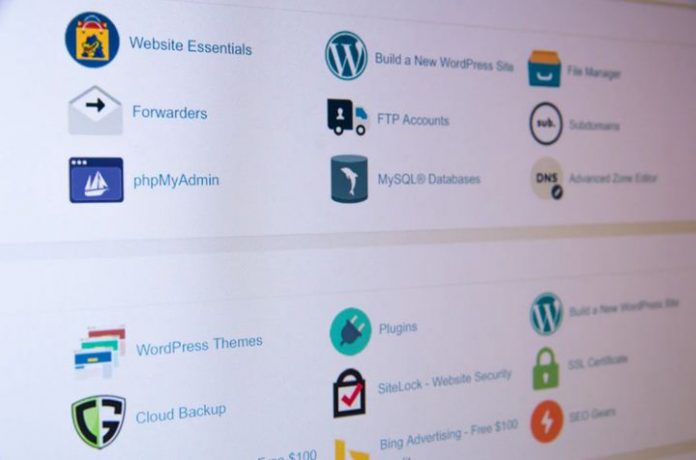Web hosting has changed a lot in the last few years. Gone are the days of paying through the nose to have a website on the World Wide Web.
Nor must you be a technological genius to set up a website. There are literally hundreds of choices when it comes to web hosts these days.
So, how do you choose the right one for you? In some respects, it may depend on what type of website you are looking to host.
Do you just need to host a simple brochure-type site? Do you plan to write a blog? Or, will you need tons of bandwidth for photo galleries or audio-visual media? Knowing the answers to questions such as those is your first task.
However, there are a few essential features that every good web host should have. This article will outline these features, in no particular order.
1. A reasonable price. Unless you have very special needs, you should never have to pay more than 10 to 15 a month for dependable, full-featured web hosting.
You can often save money by paying for a full year in advance, but at any rate, there are many cost-effective web-hosting solutions available today.
2. A cPanel interface. All of the best web hosts offer “cPanel“, which is a web-based control panel that allows you to manage your domain through a web interface.
It’s an industry standard that enables site configuration and management, including setting up email, database administration, file management, FTP, and installation of scripts.
Cpanel also generally comes with Fantastico, which is an easy-as-pie installer for the WordPress blog platform, bulletin board software, and more.
3. 100% reliability. Your web host should be able to guarantee 100% (or at least 99.9%) uptime.
That means you can count on your site being live virtually all of the time and that you will have access to it, cPanel, and your email.
Being able to guarantee that type of reliability will generally require that the host have back up server capability. If you’re not sure, check before you commit.
4. Easily accessible customer support. Look for both web-based and telephone support. One of the other should be available 24 hours a day, 7 days a week.
Web solutions may include both email (or an email-based support ticket system) and live chat. You’ll also want the support to be intelligent, reliable, and friendly.
In addition, it will be helpful if they offer help files you can download or access online.
5. Multiple domain hosting. If you never plan to create more than one website, this feature may not be important to you.
But for most Web entrepreneurs, this is an important consideration when choosing a web host.
Most web hosts today offer cost-effective options for hosting more than one domain on an account. Some even offer unlimited domains for one low monthly (or quarterly) rate.
6. Large amounts of storage space and bandwidth allowed. You want to plan for the future growth of your site, both in terms of the size of the site itself and in the amount of traffic it attracts.
Ideally, you’ll sign up with a web host that won’t penalize you for your growth, at least not for a long time.
25MB is a good minimum, and if necessary you should be able to easily upgrade your space without having to switch hosts.
7. A number of POP3 email accounts allowed. Unlimited email accounts are best. That gives you the flexibility to add unique email addresses for different functions on your website, such as [email protected], [email protected], [email protected], etc.
If you can’t get unlimited email, then at least look for multiple email account capability.
8. Access to logs and statistics. You’ll want to evaluate your site’s performance over time, once it gets going. So having access to free statistics software and weblogs will help with that analysis.
9. Ability to use FTP or online file management. File Transfer Protocol (FTP for short) is a tool where you can upload large numbers of files quickly.
You’ll want to be able to use FTP, at least some of the time. But online file management (especially through cPanel–see #2 above) is great when you only want to upload a file or two, or when you want to be able to administer your site when you’re not at your own computer.
10. Backups. There should be some sort of plan for backups with your web host. Ideally, they’ll include it in your price, but you may have to pay extra.
All companies, though, should be doing some sort of backing up as a routine security measure. Find out, too, what is backed up, e.g., files, databases, server settings, etc.
So, there you have it–a rundown of the top features to expect from the best web hosting companies.
By the way, free web hosting IS still available, but the old adage, “You get what you pay for” was never more true than in relation to web hosting, especially if you want to host a business web site. Be willing to pay for quality, reliability, and a full set of features.

